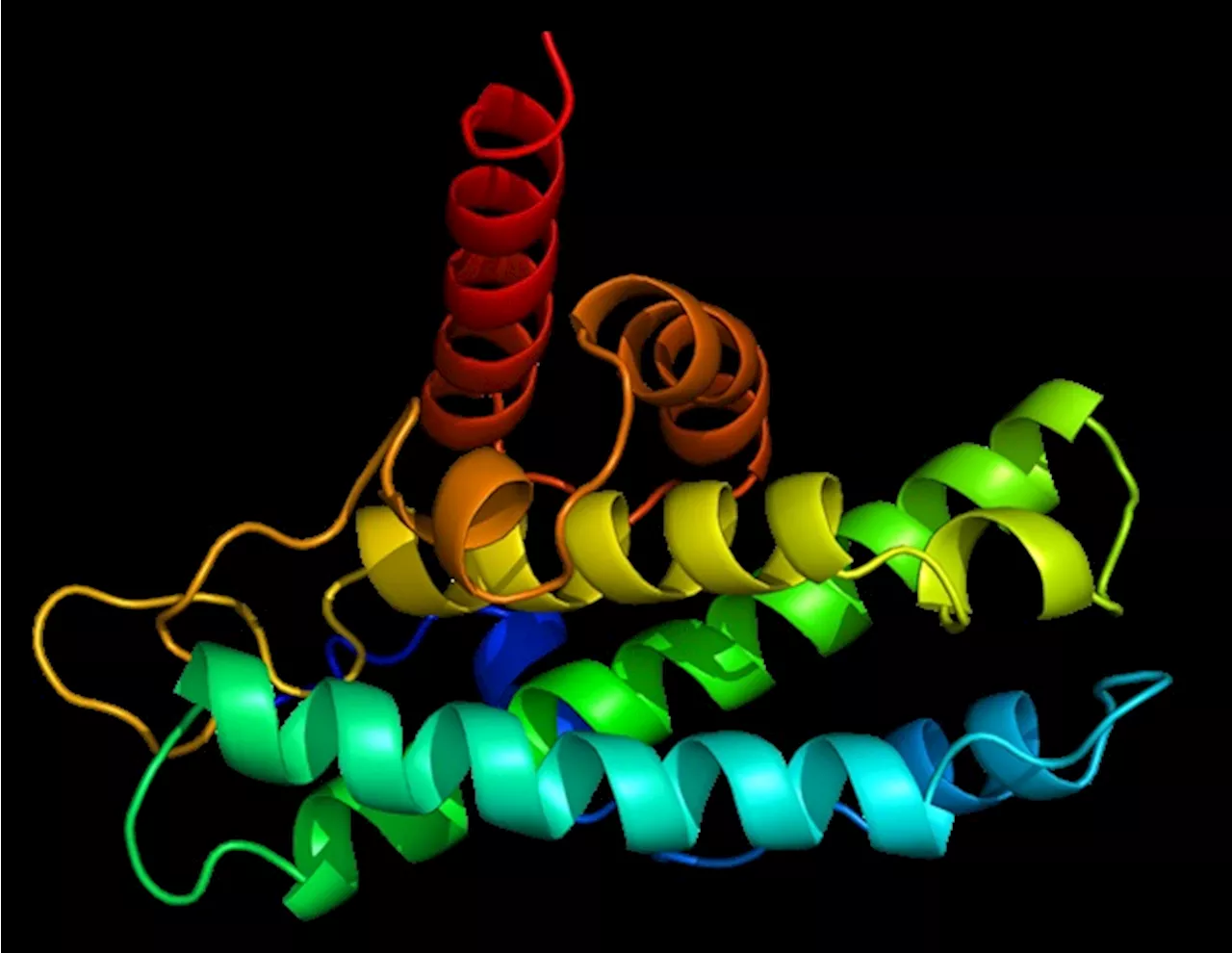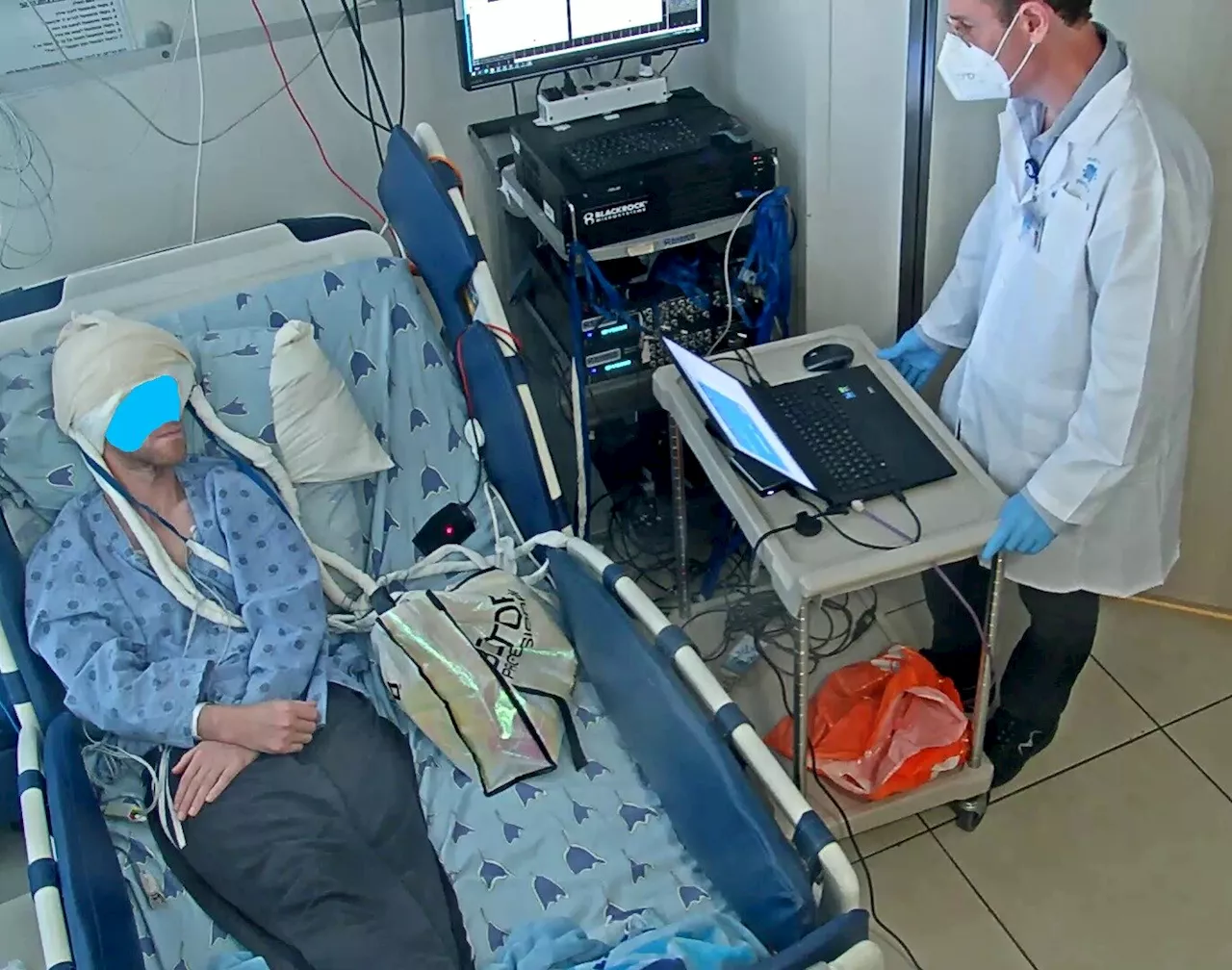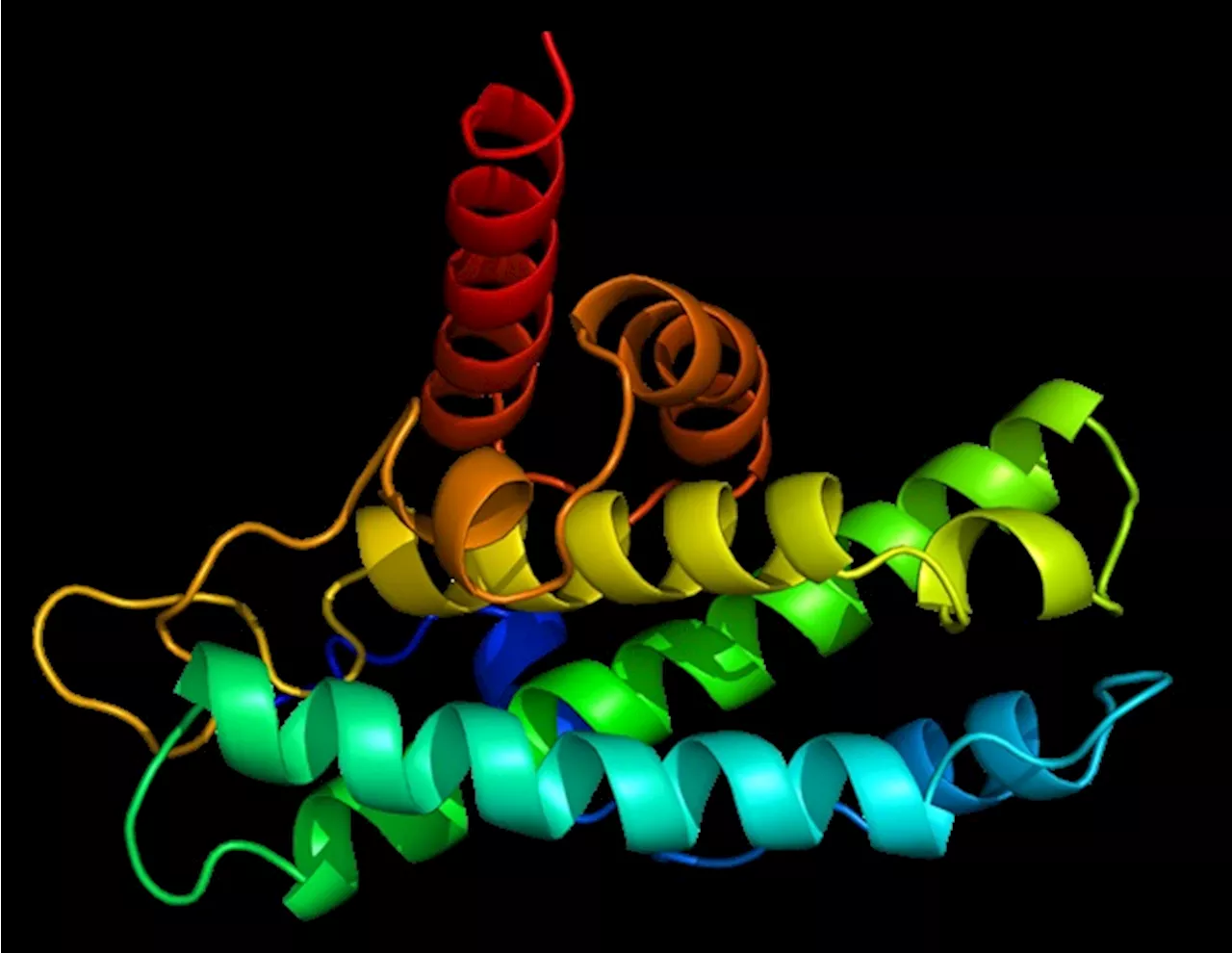Researchers determine whether cannabis use disorder increases the risk of head and neck cancer.
By Dr. Liji Thomas, MDReviewed by Benedette Cuffari, M.Sc.Aug 12 2024 A recent study published in JAMA Otolaryngology Head & Neck Surgery determines whether cannabis use disorder increases the risk of head and neck cancer .What is HNC? HNC is the sixth leading cause of cancer throughout the world. In 2020, over 870,000 HNC cases were reported globally, 440,000 of which resulted in death. In the United States, HNC is responsible for about 3% of all cancers and over 1.
Despite its potential therapeutic effects for these conditions, cannabis use remains controversial, as it may increase the risk of developing psychotic disorders and cognitive defects. Furthermore, the smoke content of cannabis contains carcinogens similar to those found in cannabis, such as polycyclic aromatic hydrocarbons and nitrosamines. Tetrahydrocannabinol , which is the primary psychoactive component in cannabis, also promotes the conversion of PAHs to carcinogens.
What did the study show? The CUD group comprised 116,076 people, about 45% of whom were women and 60% were White with a mean age of 46.4 years. About 19% of patients with CUD reported tobacco use, whereas 22.6% reported alcohol use. This increased risk was consistently observed in older and younger age patients for cancers reported one or more years after the first outpatient visit. Although the risk of any HNC remained significant five or more years after the first outpatient visit, it was no longer significant for HNC subsites. This loss of strength for associations with HNC at five or more years from the reporting of CUD may be due to low sample sizes, other confounding factors, and variations in cannabis use.
Cannabis Head And Neck Cancer Neck Alcohol Larynx Otolaryngology Surgery Tobacco
United Kingdom Latest News, United Kingdom Headlines
Similar News:You can also read news stories similar to this one that we have collected from other news sources.
 Health research on South Asian communities must be led by South Asians, say researchersFunding agencies in Canada need to review their policies for evaluating research proposals to ensure that South Asian research is conducted by South Asians, write authors in a commentary, titled 'A call to stop extractive health research on South Asian diaspora communities in Canada,' in the Canadian Medical Association Journal.
Health research on South Asian communities must be led by South Asians, say researchersFunding agencies in Canada need to review their policies for evaluating research proposals to ensure that South Asian research is conducted by South Asians, write authors in a commentary, titled 'A call to stop extractive health research on South Asian diaspora communities in Canada,' in the Canadian Medical Association Journal.
Read more »
 Researchers discover key functions of IRF1 in cancer progression and treatment responseInvestigators at the UCLA Health Jonsson Comprehensive Cancer Center have uncovered new details about the role of a protein called interferon regulatory factor (IRF1) in cancer progression and treatment response, offering new insight that can potentially help improve the effectiveness of cancer immunotherapy.
Researchers discover key functions of IRF1 in cancer progression and treatment responseInvestigators at the UCLA Health Jonsson Comprehensive Cancer Center have uncovered new details about the role of a protein called interferon regulatory factor (IRF1) in cancer progression and treatment response, offering new insight that can potentially help improve the effectiveness of cancer immunotherapy.
Read more »
 Researchers show that age, sex and BMI are significantly associated with bowel movement frequencyEverybody poops, but not every day. New research by the Institute for Systems Biology (ISB) suggests bowel movement frequency is linked to long-term health.
Researchers show that age, sex and BMI are significantly associated with bowel movement frequencyEverybody poops, but not every day. New research by the Institute for Systems Biology (ISB) suggests bowel movement frequency is linked to long-term health.
Read more »
 Researchers achieve success in allowing a patient to 'speak' using only the power of thoughtA scientific breakthrough by researchers from Tel Aviv University and Tel Aviv Sourasky Medical Center (Ichilov Hospital) has demonstrated the potential for speech by a silent person using the power of thought only. In an experiment, a silent participant imagined saying one of two syllables.
Researchers achieve success in allowing a patient to 'speak' using only the power of thoughtA scientific breakthrough by researchers from Tel Aviv University and Tel Aviv Sourasky Medical Center (Ichilov Hospital) has demonstrated the potential for speech by a silent person using the power of thought only. In an experiment, a silent participant imagined saying one of two syllables.
Read more »
 Researchers reveal unique characteristics of previously unexplored protein FAM110AAn international research collaboration, led by Prof. Dr. Robert Grosse (Centre for Integrative Biological Signalling Studies and Institute of Clinical and Experimental Pharmacology and Toxicology, University of Freiburg), Dr. Libor Macurek (Institute of Molecular Genetics, Czech Academy of Sciences, Prague) and Dr.
Researchers reveal unique characteristics of previously unexplored protein FAM110AAn international research collaboration, led by Prof. Dr. Robert Grosse (Centre for Integrative Biological Signalling Studies and Institute of Clinical and Experimental Pharmacology and Toxicology, University of Freiburg), Dr. Libor Macurek (Institute of Molecular Genetics, Czech Academy of Sciences, Prague) and Dr.
Read more »
 Researchers discuss HER2-low and HER2-zero in breast cancerA new editorial paper titled 'HER2-low and HER2-zero in breast cancer between prognosis, prediction and entity' has been published in Oncotarget.
Researchers discuss HER2-low and HER2-zero in breast cancerA new editorial paper titled 'HER2-low and HER2-zero in breast cancer between prognosis, prediction and entity' has been published in Oncotarget.
Read more »
